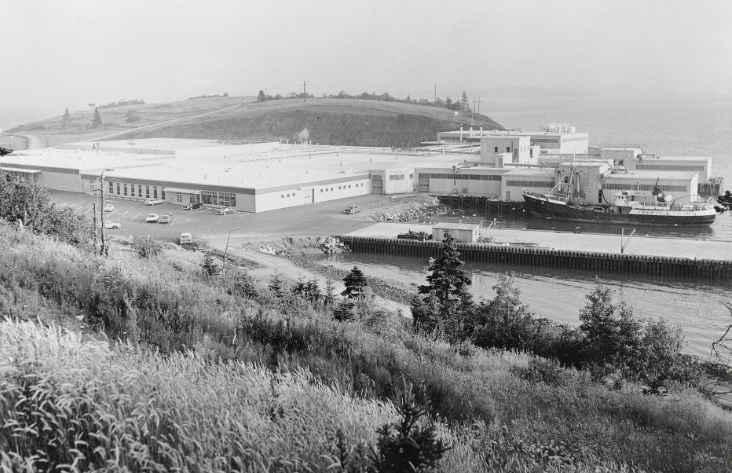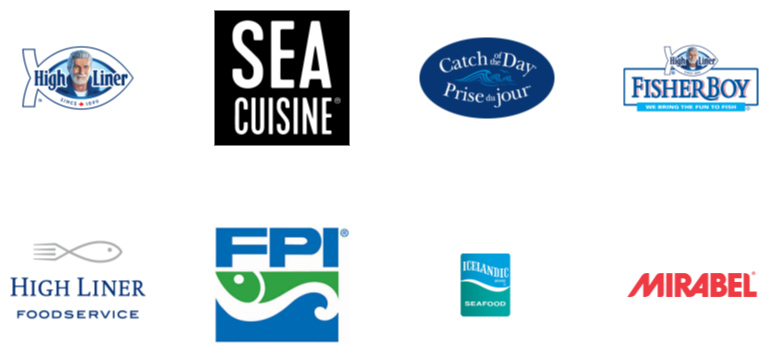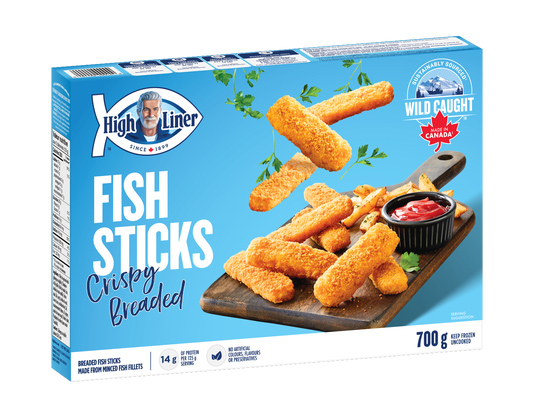Account Login
Don't have an account? Create One

From their classic fish sticks to breaded buffalo shrimp, High Liner products are a staple in the frozen food aisle. With over a century of history, the Nova Scotian frozen seafood company has grown to become an international brand with sales across North America.
Setting sail
The beginning of High Liner Foods dates back to December 12, 1899, when five brothers of the Smith family founded W.C. Smith & Company. Based in Lunenburg, Nova Scotia, the business started as a salt fish processing operation for residents in the community. Over time, the business grew to serve Eastern Canadians and eventually the rest of Canada.
In 1926, the brothers created the High Liner brand and formed Lunenburg Sea Products Limited to expand into fresh fish. Lunenburg Sea Products eventually consolidated with W.C. Smith & Company in 1938 and all operations continued as one.
Buoyant operation
As growth continued, the consolidated business merged with Maritime National Fish Company and other companies in 1945 to form National Sea Products Limited. National Sea Products expanded throughout the ‘80s by acquiring Commodore and Fisher Boy (a well-known brand in the U.S.) and in 1999 officially changed its name to High Liner Foods Incorporated.
While High Liner expanded throughout Canada and the United States, headquarters remained in Lunenburg, Nova Scotia. John Rogers, a Lunenburg resident, began working for High Liner in the 1970s as a Source Keeper. Now retired from his job of unloading trucks and operating a forklift, John spent a respectable 31 years with High Liner. However, he “didn’t hold the record, as some employees were there for 50 years or more.”
John remembers High Liner as one of the largest employers in the area. “It allowed me to earn a living. I could walk to work each day and our family got a good discount on fresh fish.” Thinking about his time at High Liner, John mentioned that he did miss the people. “Employees got on very well; the one thing I miss is socializing with other co-workers when everyone in the plant used to go on breaks together.”

Selling quotas
A major change occurred in 2003 when High Liner sold its fish processing quotas and nine trawlers. This move meant that the company would no longer catch fish and would instead focus on selling fish sticks and other frozen seafood products. In years to follow, High Liner leaned into this side of the business by purchasing assets from Fishery Products International, Viking Seafoods, Rubicon Resources and others.

Smooth sailing
Today, High Liner is considered a leading processor of frozen seafood in North America. With headquarters and production remaining in Lunenburg, N.S., High Liner also has manufacturing facilities in Virginia and New Hampshire and obtains fish from around the world. Their product line includes a variety of retail products sold in stores throughout Canada and the U.S., as well as branded and private label products sold to restaurants, retailers and distributors.
Still in the frozen food aisle, 124 years later.
Comment policy
Comments are moderated to ensure thoughtful and respectful conversations. First and last names will appear with each submission; anonymous comments and pseudonyms will not be permitted.
By submitting a comment, you accept that Atlantic Business Magazine has the right to reproduce and publish that comment in whole or in part, in any manner it chooses. Publication of a comment does not constitute endorsement of that comment. We reserve the right to close comments at any time.
Cancel
Looking for some Fleet history specifically the Cape Royal (side dragger) , Skipper Roy Daggell, sister ship to the dragger on display in the water in Lunenburg.